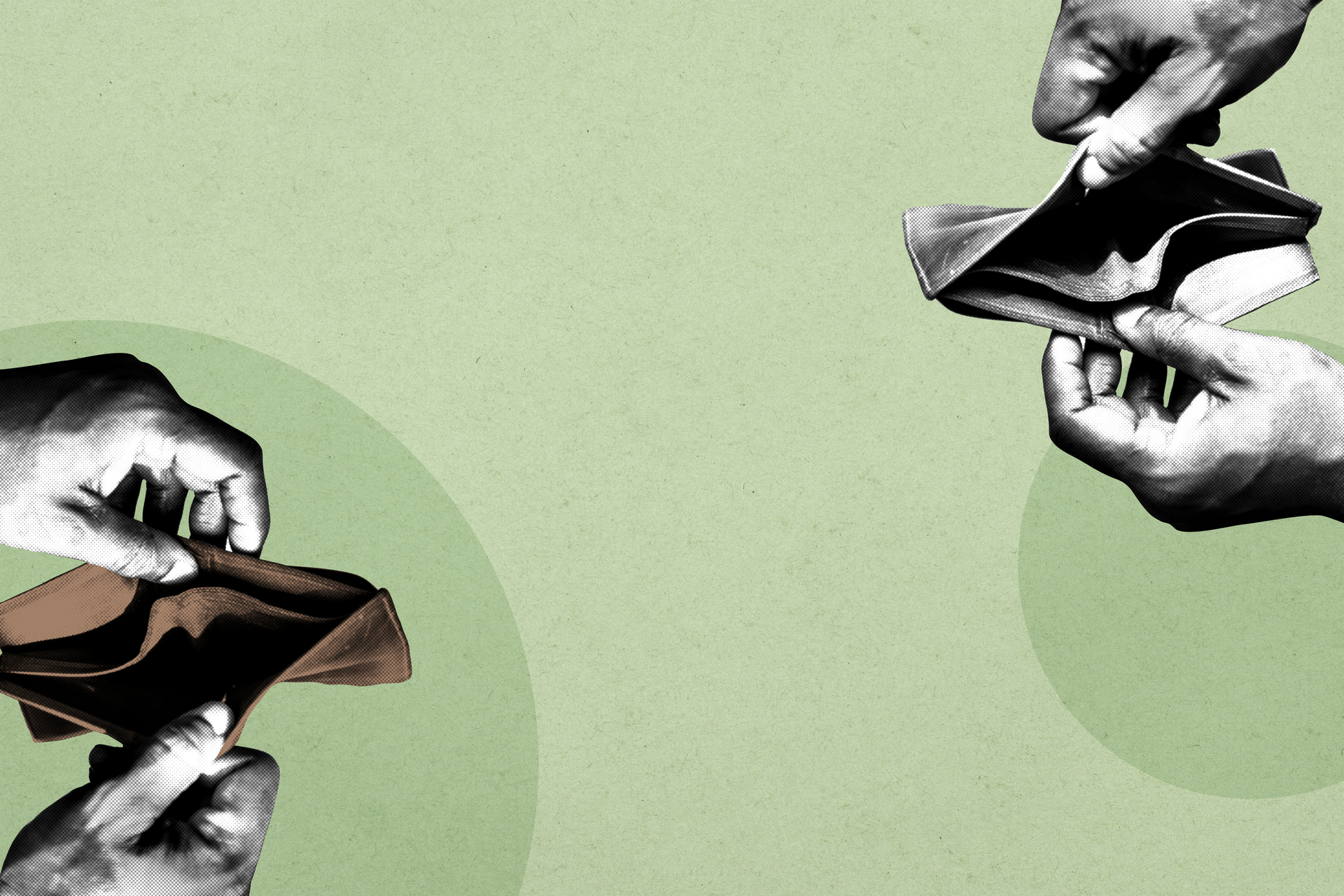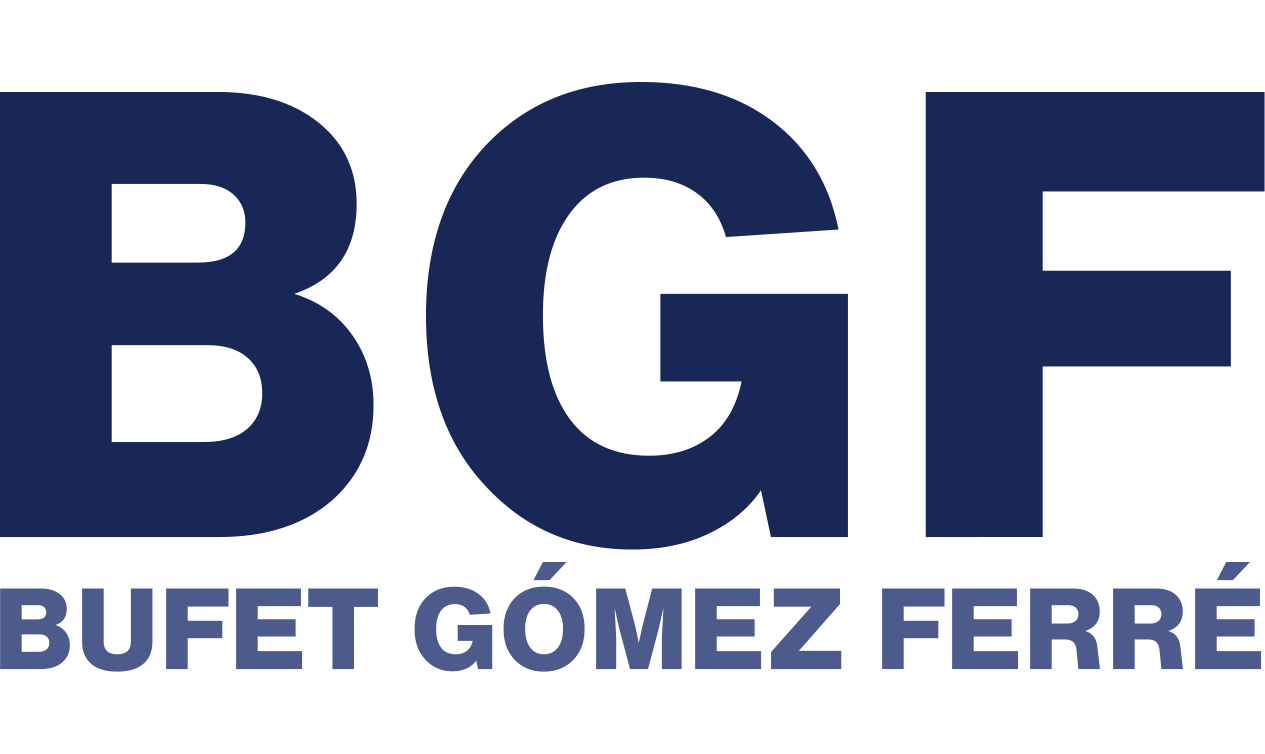
The Second Chance Law is a legal tool in Spain created to help individuals and the self-employed get rid of debts they cannot afford, allowing them to restructure their financial obligations or, in some cases, to cancel debts altogether.
Although this law offers a real opportunity for a fresh start, it is essential to know its requirements, limitations and steps to follow, as not all debts can be cancelled and the procedure must be managed correctly in order to obtain the best possible result. As lawyers specialising in the Second Chance Law in Barcelona, in this blog article we explain how it works, who can take advantage of it and what are its advantages and disadvantages.
What is the Second Chance Law?
The Second Chance Law is a legal mechanism that allows individuals and the self-employed in a situation of over-indebtedness to renegotiate their debts or, in certain cases, to cancel them definitively. Its main objective is to offer an alternative to restructure or cancel all or part of the debts, thus allowing debtors to recover their financial stability without being trapped in a spiral of non-payment.
This procedure is applied when insolvency is definitive or imminent, offering the debtor two options: to negotiate an agreement with creditors to establish new terms and conditions of payment or to request the discharge of debts, provided that certain legal requirements are met.
This law was originally passed in 2015 and has undergone significant amendments, the most notable being the reform of September 2022, which has streamlined the process and reduced costs for the debtor.
Who can take advantage of the Second Chance Law?
The Second Chance Law is aimed at individuals and the self-employed who are unable to pay their debts and wish to obtain a legal solution to get out of insolvency. In order to be eligible for this mechanism, however, it is necessary to meet a series of legal requirements:
What about debts with the Treasury and Social Security?
The reform has introduced certain improvements in the exoneration of public debts, although there are still limits to the total cancellation of these obligations (for example, 10,000 euros of exoneration in each body). These limits are not cumulative, i.e. up to 10,000 euros can be waived with the tax authorities and another 10,000 euros with the social security authorities. The excess of these amounts must be managed through a payment plan.
In Barcelona, where our law firm specialising in banking law is located, each case is analysed individually to determine whether the applicant meets these requirements and can benefit from debt relief or a restructuring plan, ensuring that the process is carried out with all the legal guarantees.
How does the Second Chance Law work?
Since the reform of the Second Chance Law in September 2022, the procedure for cancelling debts has been simplified, eliminating the extrajudicial phase and consecutive insolvency proceedings. Currently, the process is faster and is initiated directly in the commercial court, without the need to previously try to reach an agreement with creditors. Below, we detail the stages of this procedure:
1. Application to the commercial court
The first step is to file the application for exoneration of unsatisfied liabilities (EPI) with the corresponding commercial court. To do this, it is essential to have a lawyer specialising in the Second Chance Law in Barcelona to analyse the debtor’s situation and prepare the necessary documentation.
2. Judge’s evaluation
Once the application is filed, the judge reviews whether the debtor meets the legal requirements to benefit from the discharge mechanism. Among the key aspects that are analysed are:
- Actual insolvency.
- Bona fide debtor (no fraud or economic crimes in the last 10 years).
- Complete and accurate documentation.
3. Court ruling
If the court approves the application, the debtor obtains full or partial cancellation of his debts, allowing him to make a fresh start without financial burdens:
- Full discharge: If all requirements are met, the judge can discharge all or most of the debts (except for certain limits on public debts and other exceptions).
- Payment schedule: In some cases, a payment schedule is established for certain non-waivable debts.
What debts can be cancelled?
It is essential to analyse each case individually to determine the feasibility of debt exoneration under this legal framework. In general terms, these are the debts that can be cancelled and the exceptions:
- Bank debts (personal loans, credit cards, microcredits, etc.).
- Mortgages, in the part that exceeds the value of the property if the property is handed over in lieu of payment.
- Consumer credit and other financing.
- Debts to suppliers or private creditors.
Exceptions (non-waivable debts):
- Part of the debts with the Inland Revenue and Social Security, the reform of Insolvency Law 16/2022 establishes that up to 10,000 euros can be exonerated with each body. The excess must be managed through a payment plan.
- Liability debts from criminal offences.
- Maintenance payments, obligations to pay maintenance payments, such as for children or spouses.
Advantages and disadvantages of taking advantage of the Second Chance Law
Below, we analyse the main advantages and disadvantages of taking advantage of the Second Chance Law so that you can assess whether it is the right option in your case:
Advantages:
- Total or partial exoneration of debts.
- Protection against seizure and execution.
- Possibility to negotiate a viable payment plan.
- Recovery of economic and credit stability.
- Suspension of seizures and enforcement proceedings during processing.
- Agility and lower costs after the 2022 reform.
- Protection from creditors: Prevents harassment and allows restructuring of the family finances.
Disadvantages:
- Not all debts are exonerable.
- Impact on short-term credit history.
- Judicial control: The debtor can be supervised for a period of time to prevent fraud.
- Strict requirements: It is essential to act in good faith and comply with the regulations in order to achieve exemption.
Frequently Asked Questions
Depending on the complexity and the number of creditors, the duration of the procedure can vary between 6 months and 2 years. The 2022 reform aims to shorten the deadlines, but each case is different, so we recommend that you contact us to study your case and give you more precise information.
Most private debts (bank, consumer credit, credit cards, etc.) can be cancelled. Tax and social security debts can be reduced up to a certain limit (10,000 euros of exoneration in each body), but they are not always cancelled in full.
Yes, the self-employed can also take advantage of the Second Chance Law, in fact, it is one of the main legal tools to restructure debts and get a fresh start. The process for the self-employed is similar to that for individuals, although there may be particularities that it is important to discuss with a lawyer who is an expert in the Second Chance Law.
If you do not meet the bona fide requirements of the law, you may not be eligible for debt relief. The Second Chance Law is designed to help those who are really looking for a fresh start, but it requires certain conditions to be met in order to avoid abuses. BUFET GÓMEZ FERRÉ will be able to advise you on how to comply with these requirements.
In general, you will be able to continue to use your bank accounts during the process, but you should be aware that any debt-related movements may be monitored by the courts and some payments to creditors may be subject to court control. It is highly advisable to consult a lawyer on how to proceed so as not to jeopardise the outcome of the application.
Yes, it is highly advisable to have an expert lawyer in Second Chance Law who knows the current regulations and legal procedures to maximise the chances of success. At BUFET GÓMEZ FERRÉ, we are lawyers specialising in banking law and we have experience in these cases.
Free Lawyer Consultation – Lawyers specialized in Second Chance Law
Free lawyer consultation at BUFET GÓMEZ FERRÉ.
Are you thinking of taking advantage of the Second Chance Law to cancel or restructure your debts?
As lawyers specialising in banking law, we offer you a free initial consultation and work on a success fee model, so that you can restructure or cancel your debts with the peace of mind of knowing that our costs are in line with the results obtained. With over 25 years of experience advising individuals and the self-employed, we are your best option for dealing with over-indebtedness.
As lawyers in Second Chance Law in Barcelona, we will analyse your case in depth, determining whether you meet the legal requirements and we will design the best strategy to obtain total or partial exoneration of your debts. Contact our law firm in Barcelona without obligation and we will guide you through the entire process to regain your financial stability.




